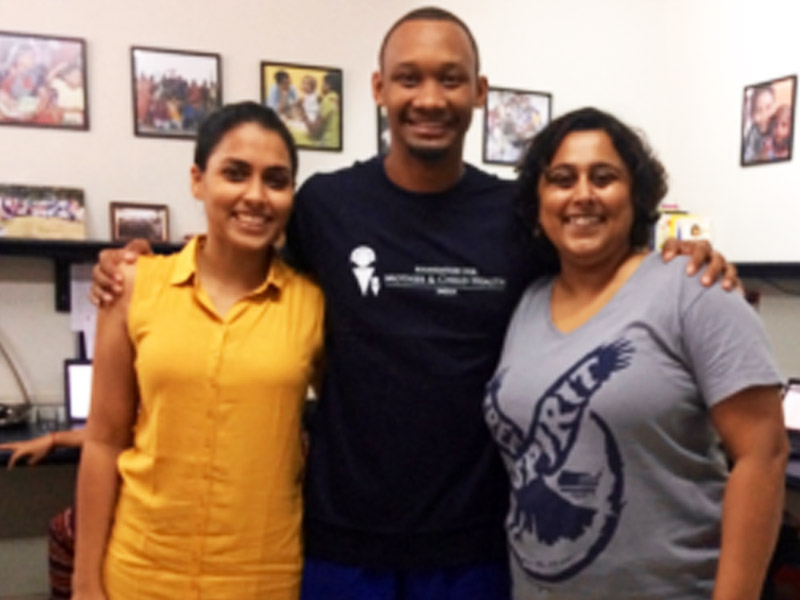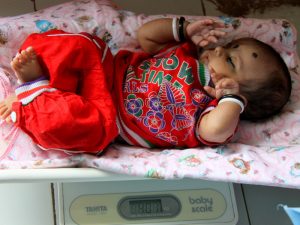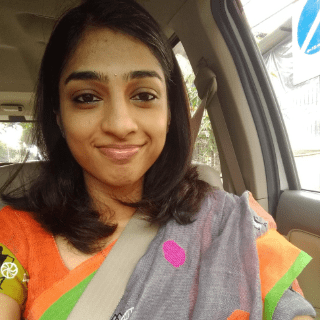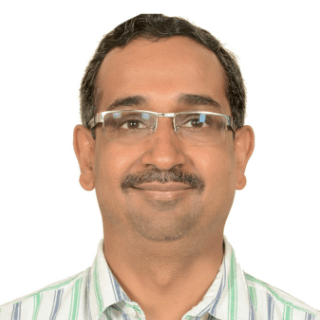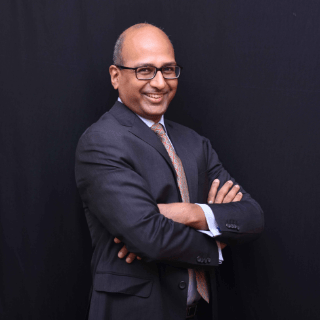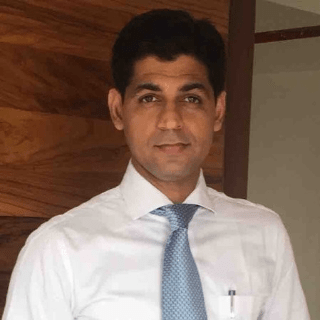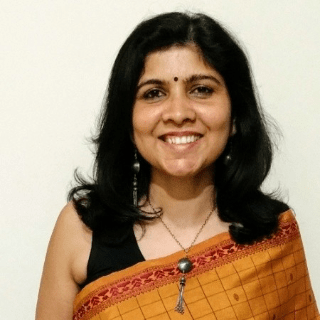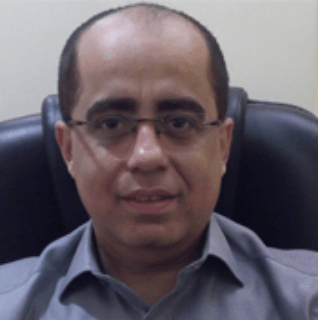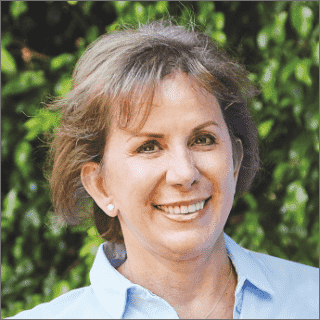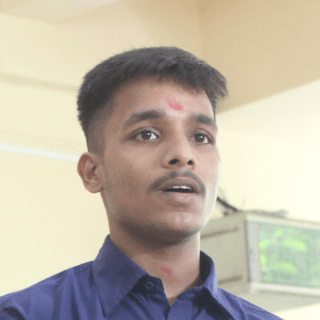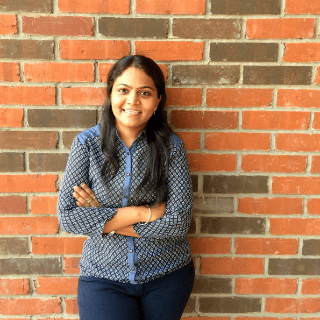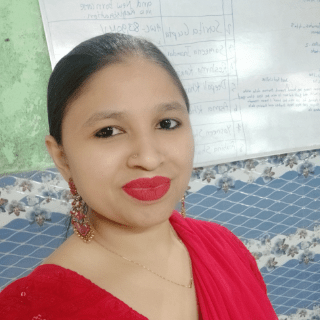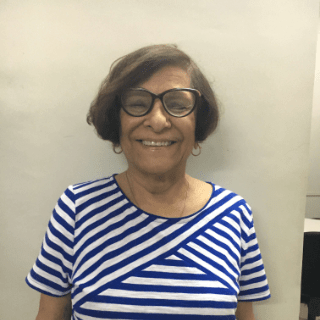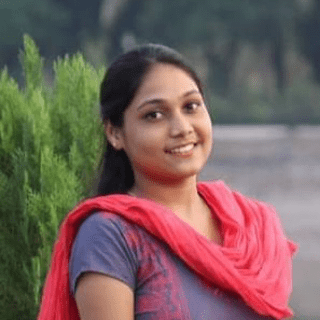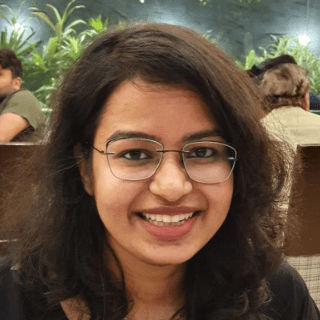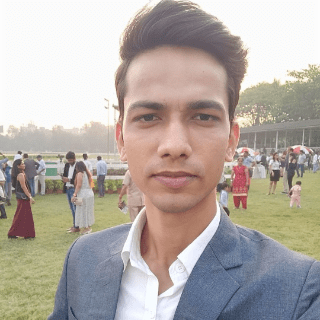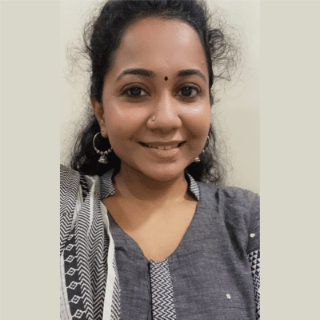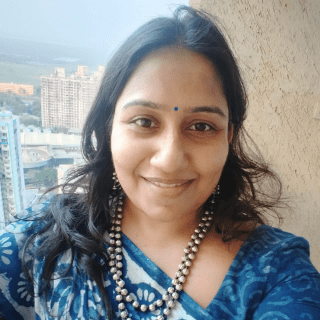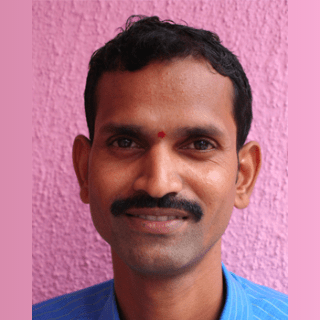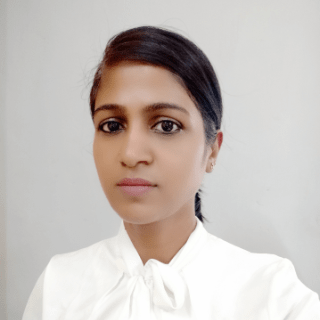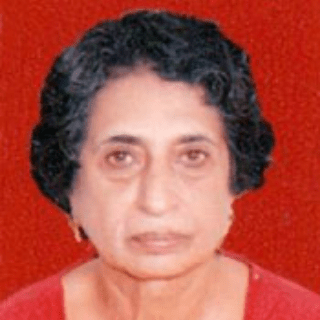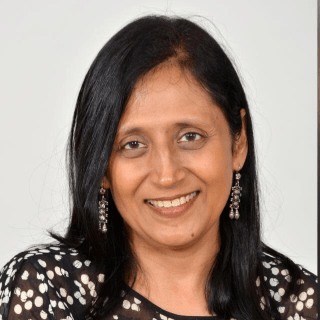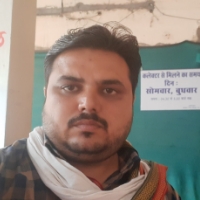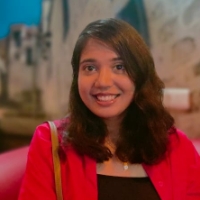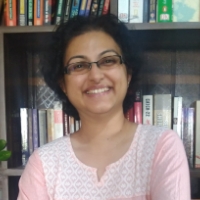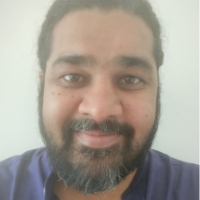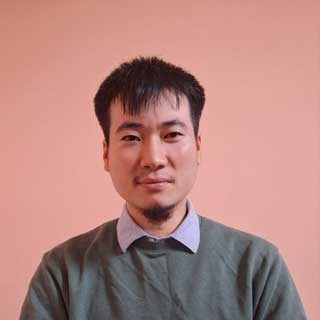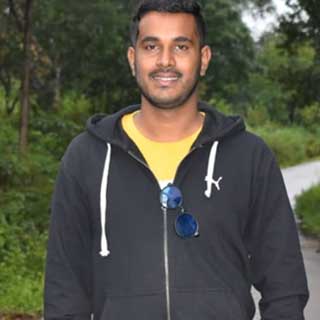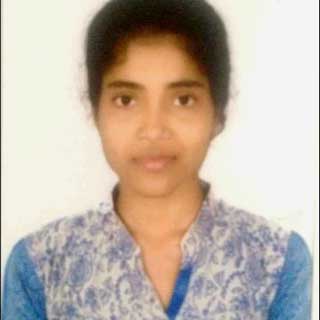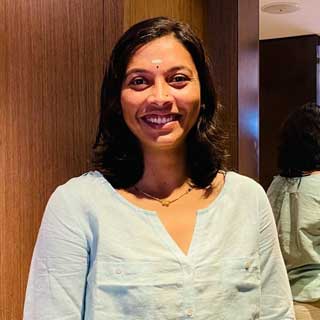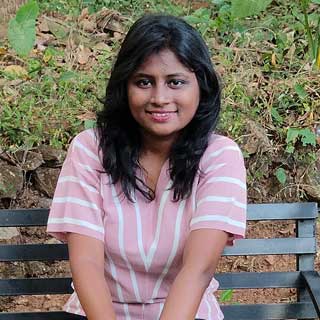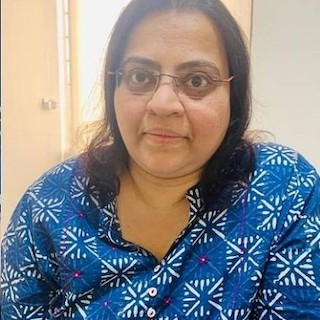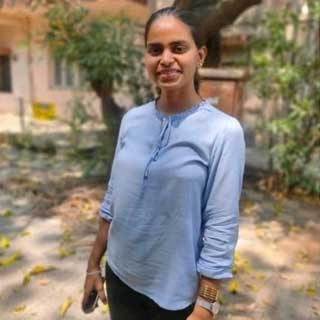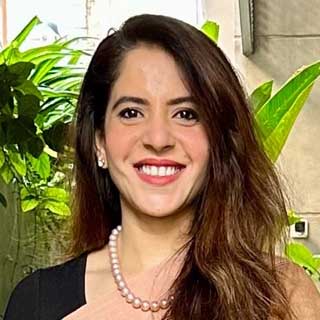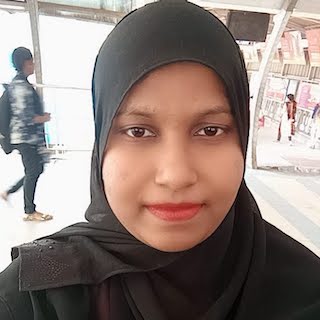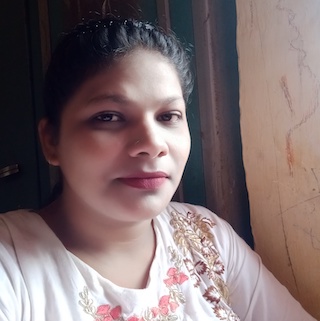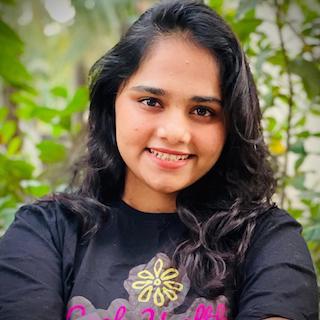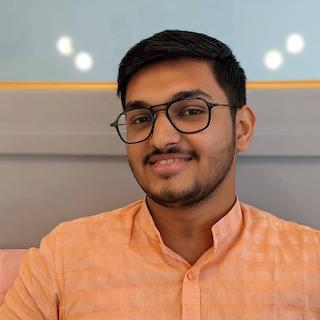If a child does not receive proper nutrition during the first 1000 days of existence, beginning from conception to the age of 2 years old, he or she will not reach their full physical or intellectual potential and is at risk of malnutrition.This concern is one of the primary reasons why the Foundation for Mother and Child Health (FMCH) organises and encourages women to increase their knowledge on good pregnancy practices to follow so that they will give birth to healthy babies and successfully nourish the growing infant.[/paragraph]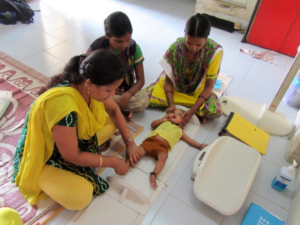 I never would have expected my life to lead me on a journey travelling through Asia, Africa, Central America, and the Caribbean to learn about healing and healthcare practices across international and cultural barriers. These experiences of joining new communities, experiencing new cultures and learning from doctors and patients alike have truly been amazing![/paragraph]
I never would have expected my life to lead me on a journey travelling through Asia, Africa, Central America, and the Caribbean to learn about healing and healthcare practices across international and cultural barriers. These experiences of joining new communities, experiencing new cultures and learning from doctors and patients alike have truly been amazing![/paragraph]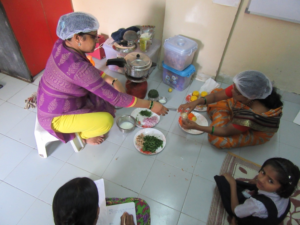
After graduating from college, I was awarded the Thomas J. Watson Fellowship to learn about unique community initiatives that help patients outside of the hospital. Fortunately for me, my time exploring maternal and newborn health in Mumbai led me to FMCH.[/paragraph]
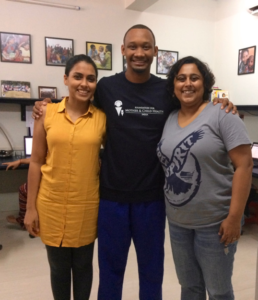
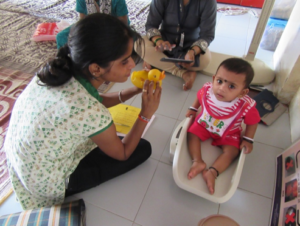
During my one-month internship with FMCH, I had the pleasure of observing and interacting with some of the most caring people I have ever met. At first I was a little hesitant of how I would be received, being a foreign man exploring a women’s health issue. This hesitation left as soon as I was welcomed by the FMCH team on my first day in office. From the CEO and COO to the clinical and field officers, I felt a genuine atmosphere of hospitality.
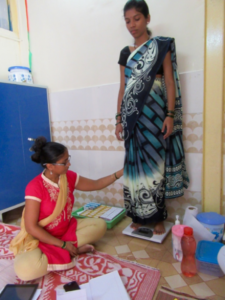
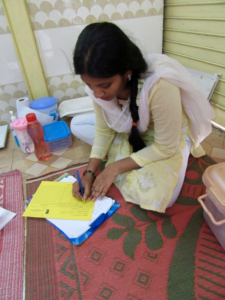
I started off in their main office and then divided my time between two centers in urban slums of the city. The first center is located in an area called Phule Nagar, Powai. In this area there is an estimated household number of 5,000 which equates to a population around 20,000 residents. Most of these residents have migrated from many areas across Maharashtra, Rajasthan and South India. Migration is a big issue because a majority of residents in slum communities don’t own anything, so they have to constantly move from community to community. The majority of the residents follow Hinduism and Buddhism religious practices and have on average 3 to 4 children. Most men find employment as carpenters, auto rickshaw drivers and daily wage earners while most women find employment as domestic workers or craft workers. During the week, FMCH conducts various clinics ranging from breastfeeding clinics to weighing clinics. Each clinic has a specific target audience and provides specialised information and services. The clinic I found most interesting was the 1000 Day Clinic which follows pregnant women and their child from conception to the age of 2 years old. With the devastating reality that poor nutrition during a child’s first 1000 days of life can cause irreversible damages with life-long consequences, FMCH works hard to provide ample support and education during this critical window of time.
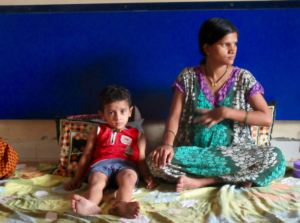
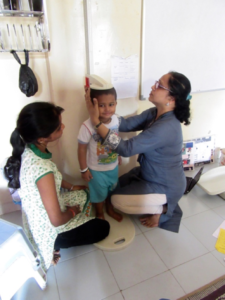
The second center is located in an area called Ganesh Nagar, Dhobi Ghat. Similar to the first center, this area is populated with many migrants. It is estimated that the population is between 80,000 and 100,000 residents. Relatively speaking, the cost of living in these slum communities is high for residents which contributes to high rates of migration. One unique aspect of Dhobi Ghat is that it is a major washing/cleaning center of the city. Every morning on my way to the center I would pass hundreds of laundry items cleaned and hung to dry. One overarching issue of both communities was water availability. Running water is not available throughout the day and as a result of only coming on for certain hours, has led to poor sanitation and the use of open drains.
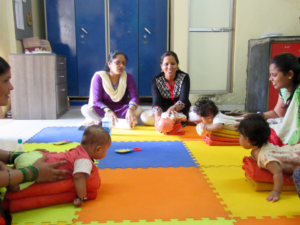
After observing and documenting the various activities of the clinics and pregnancy club, I noticed how much individual care and attention each mother and child is given. They are each seen by nutritionists, nurses, clinical officers and doctors. FMCH gives pre-natal supplements including calcium tablets, vitamin D pills and iron tablets. Instead of providing a nutritious meal to just one target beneficiary, they provide nutritional cooking demonstrations to the entire community to teach healthy, alternative food options on what to eat and how to compensate for lack of food choice availability.
Some challenges faced by FMCH include consistent attendance from beneficiaries because clinics are dependent on mother’s housework load and water availability. For example, if a mother’s designated time of running water is 3pm-4pm, she will have to cook and wash clothes and do things pertaining to the use of water at that time instead of going to the pregnancy club. Since water availability is granted at different times for the community this effects who can do what at which time.
One of the most interesting parts of interning at FMCH has been learning about some of the cultural myths associated with pregnancy. They include the notion that the baby’s position in the womb can tell you it’s sex or craving salty foods mean you’re having a boy while craving sweet foods mean you’re having a girl. I shared a really enlightening conversation with the Director of Project Poshan about how certain cultures reinforce myths and the challenges associated with educating and not isolating beneficiaries. FMCH is doing a great job debunking these myths.
I would like to extend a heartfelt thank you to the staff and beneficiaries of FMCH for providing me with a wonderful opportunity to witness the role FMCH plays in helping communities achieve ultimate healing here in Mumbai. I depart from FMCH confident that I am one step closer to learning innovative ways to help bridge the gap between healthcare providers and communities.

